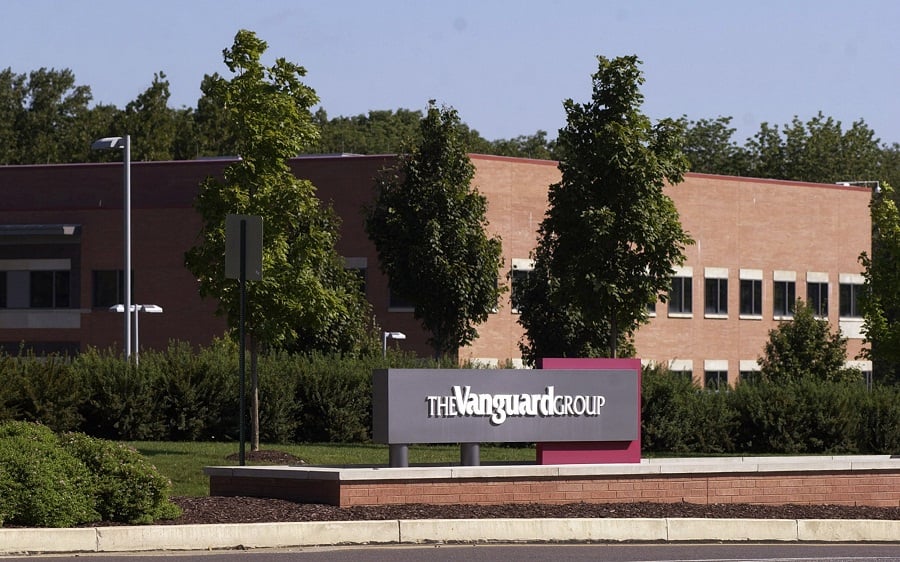

In the rough and tumble world of ETF marketing, keeping a fund's net asset value down at bite-size levels apparently makes a difference if you want to attract a broad market of retail class investors.
The Vanguard Group is the latest exchange-traded fund provider to make this point, announcing plans Tuesday to split the share price of three ETFs on April 19.
The Vanguard Russell 1000 Value ETF (VONV) and Vanguard Russell 2000 ETF (VTWO) have declared a two-for-one share split, and Vanguard Russell 1000 Growth ETF (VONG) has declared a four-for-one share split.
While splitting the share price of VONV, for example, from the current $131 range to half that has zero impact on the fund, the management of the fund or anything else, it is widely believed that lower share prices are generally more appealing to individual investors.
“We haven’t done this in a while but share splits do happen periodically to bring the share price for those products down to a more accessible price level,” said Rich Powers, Vanguard’s head of ETF product management.
He added that for smaller accounts, lower share prices help to “limit the amount of residual cash” in a portfolio and makes it easier for smaller accounts to achieve diversification.
There’s nothing particularly new or unique about share splits, except for the fact that they have become increasingly common across the ETF space, said Todd Rosenbluth, director of mutual fund and ETF research at CFRA.
Just this month, BlackRock, JPMorgan and DWS announced ETF stock price splits to make them more palatable to investors.
In December, BlackRock also split the share price of 11 of its iShares ETFs.
“This is starting to happen because ETFs are increasingly being used in more asset allocation strategies,” Rosenbluth said. “I don’t think the share price matters very much to a financial adviser running a strategy, but if you’re an individual investor starting with a small dollar amount, you’re more likely to buy round lots if the share price is lower.”
Rosenbluth said that he doesn’t recall a period when ETF share splits were coming as frequently as they are now.
“Increasingly, we’re seeing asset managers willing to bear the cost in order to get more investors in the door,” he said. “This has been a trend happening in the past year.”
If share price splits are becoming increasingly necessary, the main culprit would be the recent strength of the financial markets.
In the 12 months since the pandemic-induced market pullback in March 2020, the S&P 500 Index has gained 75%.

Rajesh Markan earlier this year pleaded guilty to one count of criminal fraud related to his sale of fake investments to 10 clients totaling $2.9 million.

From building trust to steering through emotions and responding to client challenges, new advisors need human skills to shape the future of the advice industry.

"The outcome is correct, but it's disappointing that FINRA had ample opportunity to investigate the merits of clients' allegations in these claims, including the testimony in the three investor arbitrations with hearings," Jeff Erez, a plaintiff's attorney representing a large portion of the Stifel clients, said.

Chair also praised the passage of stablecoin legislation this week.

Maridea Wealth Management's deal in Chicago, Illinois is its first after securing a strategic investment in April.
Orion's Tom Wilson on delivering coordinated, high-touch service in a world where returns alone no longer set you apart.
Barely a decade old, registered index-linked annuities have quickly surged in popularity, thanks to their unique blend of protection and growth potential—an appealing option for investors looking to chart a steadier course through today's choppy market waters, says Myles Lambert, Brighthouse Financial.
